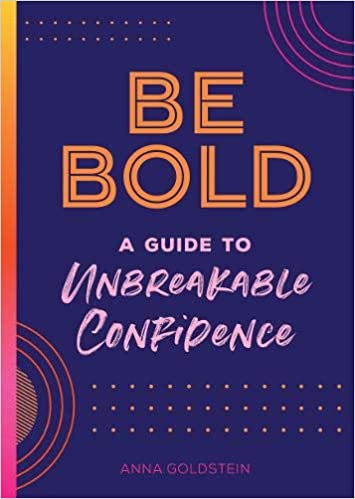If I asked you, “Would you like to be happier?” my guess is that you would say “YES,” because even if you’re happy, you could always use a little more happiness. 🙂 There’s no limit to how happy we can be. Isn’t that awesome!
Our brains pick up negative information faster than positive information because we are wired to protect ourselves. The key difference between people who are happy and those who are not, is that happy people lean more towards optimism. Essentially, they’re able to see the glass half full instead of half empty.
I was reading an article on my computer the other day and I stumbled upon the term, “Learned Optimism.” This research was done by Positive Psychologist, Dr. Martin Seligman, that invites pessimists to learn to be optimistic by thinking about their reactions to adversity in a new way.
Dr. Seligman found that, “The benefits of an optimistic outlook are many: Optimists are higher achievers and have better overall health. Pessimism, on the other hand, is much more common; pessimists are more likely to give up in the face of adversity or to suffer from depression.”
Here are Dr. Martin Seligman’s 3 tips to Learned Optimism:
- Permanent: No problem is permanent. When things are good, we think they will be good forever. When things are bad, we feel like it will be bad forever. Neither one is true. Life has seasons. We ALL go through Winters ,and we all eventually get to Spring. Nothing is permanent; life is constant change.
- Pervasive: It’s not pervasive, but sometimes we react as if it is. We think that because our finances are destroyed that our whole life is ruined. It’s not true, we have our health, our relationships, and tons of other things.
- Personal: We think it’s us. If we were smarter, prettier, stronger, if we lived over there, if we had this family, if we were taller, thinner, richer, then we wouldn’t be in this situation. We all do this. We take it personally and think that somehow, if we were XYZ (good enough) we would magically not have these “problems.” It’s not you and it’s not personal. Problems are a part of life (suffering is optional).
When you feel your problems are permanent, pervasive and personal, it leads to feelings of overwhelm, helplessness and depression.
The next time you’re feeling negative, how can you shift to Learned Optimism? Share your comments below.

Search
Popular Posts
- 02 Mar 2008The Flowering of Human Consciousness 7 Comments
- 01 May 2014Using Visualization to Create What You Want 7 Comments
- 26 Mar 20133 Questions to Change Your Career 4 Comments
- 14 Mar 2014I walked on Fire! 4 Comments
- 29 May 2014How to Bust Through Your Fear 4 Comments


